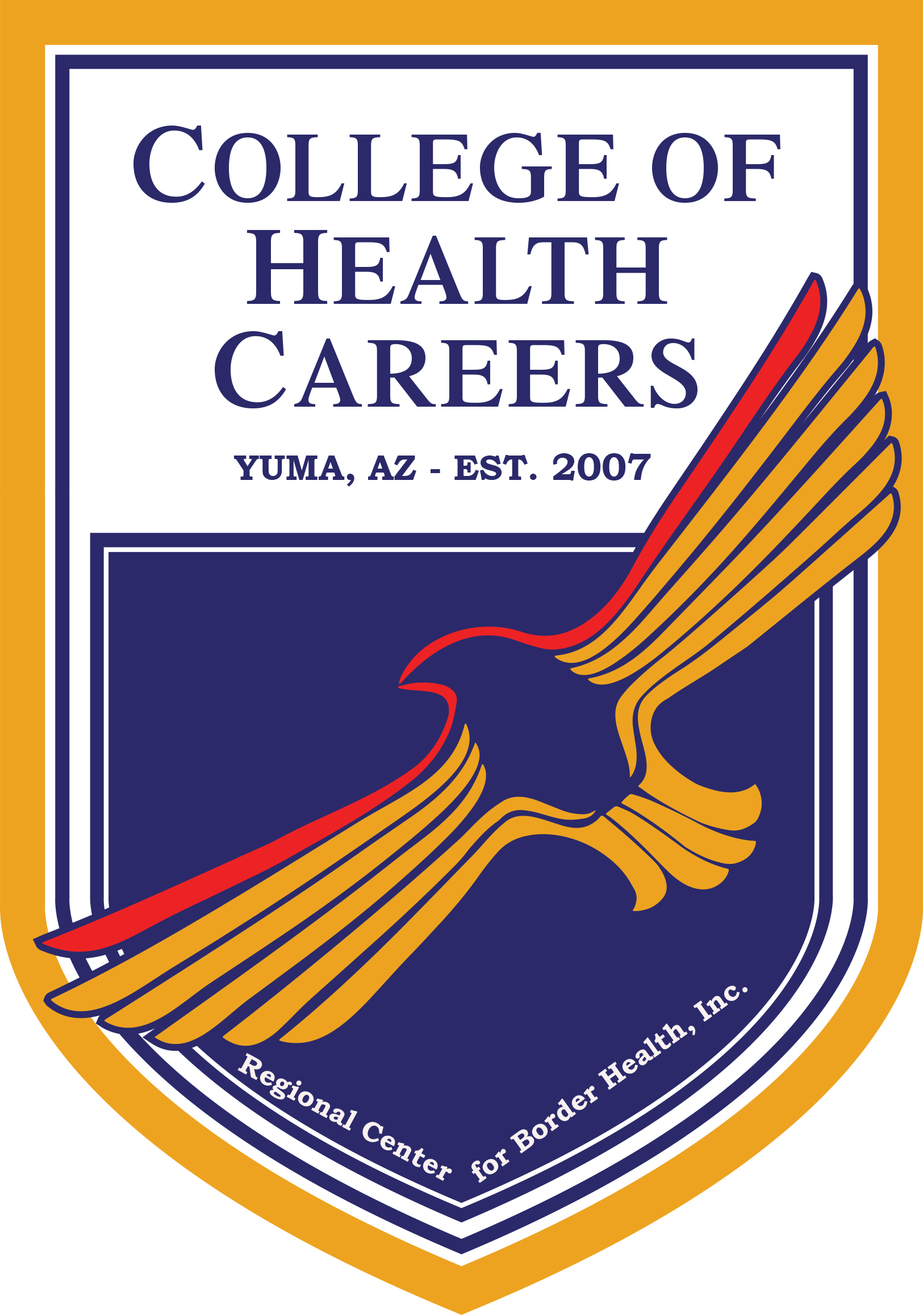Phlebotomy Technician
PROGRAM DESCRIPTION
The Phlebotomy Technician Program is a 2-week program with a total of 40 clock hours that works under the supervision of a license medical laboratory technician, physician, or other individual with an advanced degree in biomedical or related sciences. The Phlebotomy Technician primary function is to collect blood specimens from patients for the purpose of laboratory analysis. Techniques used for this blood collection are taught which includes patients preparation, processing, safety and regulatory compliance. The training program prepares the student for employment as a phlebotomy technician.
Must be an active AZ Certified Nursing Assistant, Emergency Medical Technician, Medical Assistant or have college level Health education such as Anatomy & Physiology, Microbiology, Nursing Chemistry (not all inclusive).
ADMISSION REQUIREMENTS
All interested participants must submit a completed admission application.
- High School Diploma or GED
- An 8th grade reading/comprehensive ability
- Score 8.0 in the Test for Adult Basic Education (TABE)
- 18 years of age or older
- Successfully completed a health care education program or have one year of work experience within the field. This should include a minimum of 30 venipuncture and 10 capillary sticks. Candidate must be able to provide written proof of training or experience.
- Ability to fully participate in classroom, laboratory, or clinical setting program activity.
- Additional documentation may be requested to clarify or verify information provided by applicants for admission to Regional Center for Border Health, Inc./College of Health Careers Students will test for the National Health Career Association Phlebotomy Technician Certification.
GRADUATION REQUIREMENTS
To graduate from the Phlebotomy Technician Training Program the student must:
- Pass all required programs of study
- File a completed application for graduation
- Clear any indebtedness to the training center
REQUIRED CLASSROOM HOURS
A total of 40 clock hours which includes 30 lecture and 10 externship hours.
Orientation
Clock Hours: 0 Lecture
Students will be provided an overall orientation of Regional Center for Border Health, Inc. College of Health Careers and complete required student file forms. During this orientation, students will be provided a short Medical Terminology course with an evaluation at the end of the course to measure understanding. Student will be taught how to “break down” medical terms using prefixes, root words and suffix’s to promote a basic understanding of the terminology used in the medical field.
The Healthcare Setting
Clock Hours: 5 Lecture. Lab hours: 1. Prerequisites: Orientation
Students will demonstrate basic knowledge for the healthcare setting including, but not limited to the role of the Phlebotomist. Concepts of verbal and nonverbal communication will be discussed, as well the following topics: professionalism, departments in the clinical laboratory, laboratory tests, legal aspects associated with phlebotomy procedures, patient confidentiality, quality assurance, quality control, infection control, personal protective equipment, medical terminology, and safety in the workplace.
Overview of the Human Body
Clock Hours: 5 Lecture. Lab hours: 1. Prerequisites: Patient Preparation
Students will identify, define, and use basic word element individually and within medical terms, demonstrate proper pronunciation, and use common medical abbreviations and symbols. Students will also demonstrate basic knowledge of the functions and organization of the body, identify body systems, and list disorders and diagnostic test commonly associated with each body system.
Blood Collection Procedures
Clock Hours: 5 Lecture. Lab Hours: 1. Prerequisites: Collection Techniques
Students will list, describe, and explain the purpose of the equipment and supplies needed to collect blood specimens, demonstrate knowledge of venipuncture steps, differentiate between different collection techniques, and identify additives and their purpose, including the order of draw. Students will also identify challenges associated with venipuncture within different age groups and diversity, and will demonstrate knowledge on preanalytical, analytical and postanalytical variables that influence laboratory test results.
Special Procedures
Clock Hours: 5 Lecture. Lab Hours: 1. Prerequisites:
Students will demonstrate basic knowledge of special collection procedures including arterial punctures and point of care testing, as well as understand the importance for special labeling, collection, and handling of each procedure. Student will also demonstrate knowledge of nonblood specimens and tests, including collection, labeling, and handling procedures for nonblood specimens.
Review & Final Exam
Clock Hours: 1 Lecture. Lab Hours: 5. Prerequisites: Safety and Compliance Consideration
All areas previously discussed and practiced will be reviewed. Specific areas relating to the NHA Certification Exam is discussed and demonstrated. Students will be prepared for the clinical experience upon completion.
Clinical Externship
Clock Hours Awarded: 10. Prerequisites: Successfully completing all previous exams with 75% or higher score prior to attending the externship
Students are assigned to a clinical laboratory in which they will be required to perform 40 blood specimen collation procedures. Students may utilize “volunteers” for obtaining blood specimen’s at the instructor's discretions.
College of Health Careers
Somerton, AZ - Main Campus
950 E. Main Street, Building ASomerton, AZ 85350
Get Directions
Phone: (928) 315-7600
Parker, AZ - Campus
601 W. Riverside Dr, Ste-1Parker, AZ 85344
Get Directions
Phone: (928) 669-4436
Fax: (928) 669-4435
Havasu, AZ - Campus
1940 MesquiteHavasu, AZ 85403
Get Directions
Phone: (928) 453-9596
Fax: (928) 680-3435
